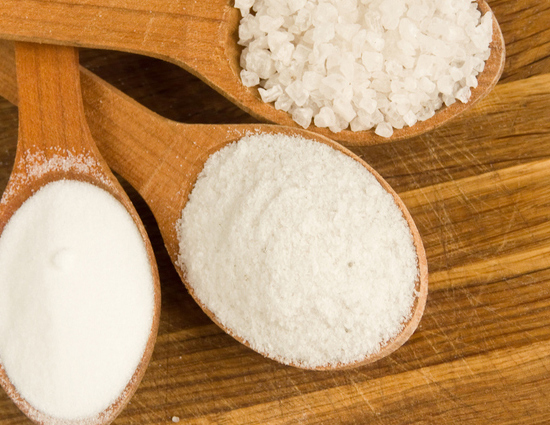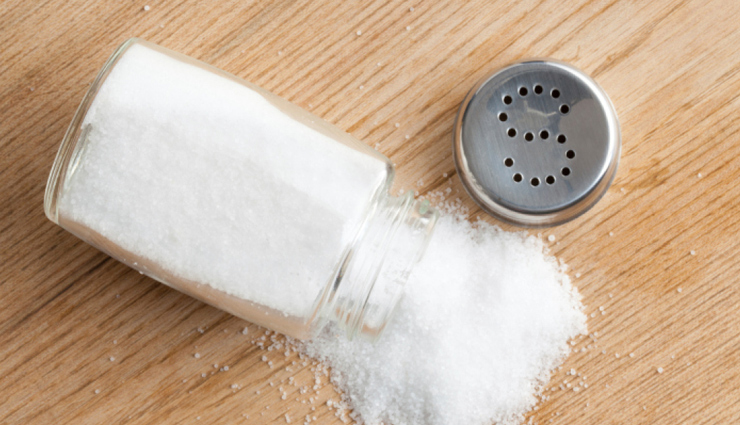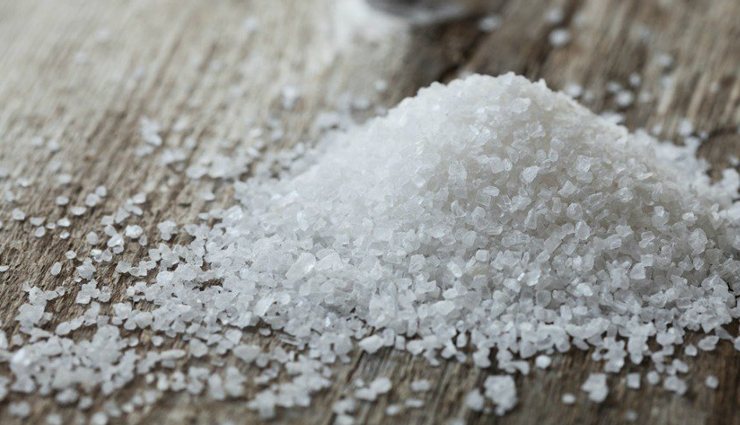- Home›
- Hunger Struck›
- Confused Between Sea Salt And Table Salt, After Reading This You'll Never Get Confused
Confused Between Sea Salt And Table Salt, After Reading This You'll Never Get Confused
By: Priyanka Maheshwari Wed, 12 July 2017 06:38:36

Salt is an essential ingredient in both cooking and baking, added to enhance tastes, suppress bitterness, and preserve foods. Most recipes call for table salt, while others recommend sea salt, but is there actually a difference between the two?

Table Salt
Table salt is typically mined from salt deposits, remnants of older bodies of seawater that have since dried up and are long gone. The deposits are washed with water to dissolve the salt, forming a salt solution which is then evaporated under vacuum to form crystals. Table salt is processed to purify and strip it of all other minerals and contaminants, and then supplemented with anti-caking substances, such as sodium aluminosilicate, silicon dioxide, and magnesium carbonate. Table salt is usually about 98% sodium chloride, with about 2% by weight of an anti-caking agent. Table salt may be iodized; in which case, potassium iodide (or another iodine source) is added. Table salt tends to be a little denser from the evaporation method used.

Sea Salt
Sea salt is crystallized from current bodies of seawater, either by open-air solar evaporation (usually more expensive sea salts on the market come from this evaporation method) or by a quicker vacuum evaporation process. Sea salt is either sold as unrefined or refined. The unrefined sea salt is unwashed and therefore may appear grey in color from sediment and clay impurities. Unrefined sea salt is also coated in trace minerals, algae, and even marine bacteria that can tolerate high levels of salt. All these may contribute to a more complex flavor. Of course, if you look at the amount of salt you actually sprinkle on a large grilled steak, for example, whether or not those trace impurities really contribute much flavor to your food is up for debate.





